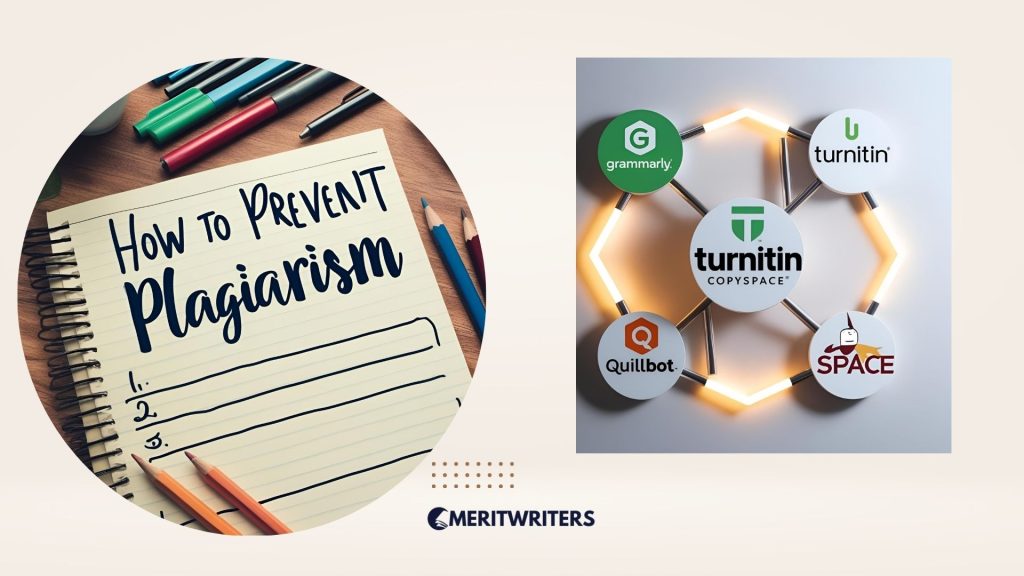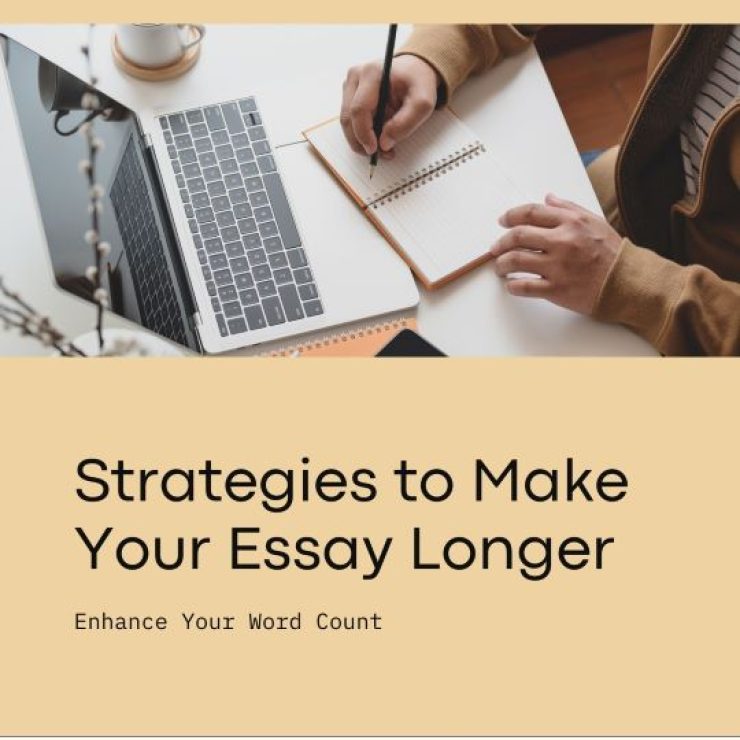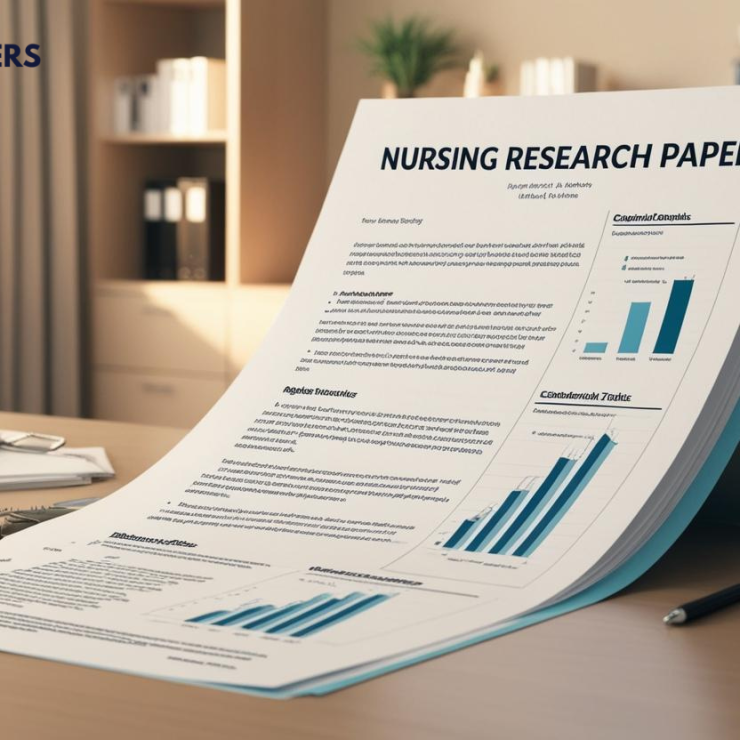Definition of Plagiarism
Plagiarism is the act of taking someone else’s work, ideas, or words and presenting them as one’s own. This includes copying content word-for-word, paraphrasing without proper attribution, or failing to cite sources correctly. Essentially, plagiarism is a form of intellectual theft and is considered both unethical and, in some cases, illegal. With the rise of digital information, plagiarism has become an even more pressing issue in academic and professional settings.
Types of Plagiarism
Plagiarism comes in various forms, some intentional and others accidental. Understanding these types helps writers avoid unintentional academic dishonesty.
1. Verbatim Plagiarism
This occurs when a person copies another’s work word-for-word without using quotation marks or citations. It is one of the most blatant forms of plagiarism and is easily detectable using plagiarism detection tools.
Example:
Original Text:
The printer constructs the object by depositing the first layer of material—such as molten plastic that hardens—and then another and another, gradually creating the desired shape. As the printer head moves back and forth, your 3-D vision becomes reality.
Plagiarized Version: The printer constructs the object by depositing the first layer of material—such as molten plastic that hardens—and then another and another, gradually creating the desired shape.
Correct Version: According to Ehrenberg (2013), “the printer constructs the object by depositing the first layer of material—such as molten plastic that hardens—and then another and another, gradually creating the desired shape.”
2. Accidental Plagiarism
Sometimes, plagiarism happens without intent. It may result from forgetting to cite a source, incorrect paraphrasing, or missing quotation marks. Despite being unintentional, it is still considered a violation of academic integrity.
Common causes:
- Forgetting to cite sources when taking notes.
- Incorrectly paraphrasing material.
- Failing to use quotation marks around directly quoted text.
- Using citations that are inaccurate or incomplete.
3. Paraphrasing Plagiarism
Paraphrasing plagiarism occurs when a writer changes a few words or the structure of a passage while keeping the core idea intact—without citing the original source. Proper paraphrasing requires not only rewording but also giving credit to the original author.
Example:
Plagiarized Version: The printer builds an object by laying down layers of material, like molten plastic, which hardens into the desired shape.
Correct Version: According to Ehrenberg (2013), 3D printing works by “depositing the first layer of material—such as molten plastic that hardens—and then another and another, gradually creating the desired shape.”
4. Intentional Plagiarism
This occurs when someone deliberately copies or uses another’s work without citation. It includes copying and pasting from online sources, purchasing essays, or using someone else’s work as one’s own. Intentional plagiarism is a serious academic offense and can lead to severe consequences.
5. Self-Plagiarism
Self-plagiarism happens when an individual reuses their previously submitted work without permission. Although the content is originally theirs, republishing or resubmitting an old assignment without proper disclosure is still considered plagiarism.
Examples of Self-Plagiarism:
- Reusing a previous research paper for a new assignment.
- Publishing the same research findings in multiple journals without disclosure.
Consequences of Plagiarism
Plagiarism has serious consequences, which can range from academic penalties to legal action. Here’s what could happen if plagiarism is detected:
- Academic penalties: Students may face failing grades, suspension, or even expulsion from their institution.
- Legal repercussions: Copyright infringement can lead to lawsuits, fines, or other legal consequences.
- Loss of credibility: Professionals and researchers caught plagiarizing may lose credibility, damaging their career prospects.
- Destroyed reputation: Whether in academics or the workplace, plagiarism can tarnish an individual’s reputation permanently.
How to Avoid Plagiarism
Preventing plagiarism requires effort and integrity. Here are some effective ways to ensure your work remains original:
1. Cite Your Sources
Whenever you use someone else’s ideas, data, or words, provide proper citation. Popular citation styles include:
- APA (American Psychological Association)
- MLA (Modern Language Association)
- Chicago Style
2. Use Quotation Marks
Direct quotes must always be enclosed in quotation marks and followed by an in-text citation.
Here are three different case scenarios demonstrating how to properly use direct quotes with in-text citations:
- Academic Research Paper:
According to Johnson (2021), “Climate change is accelerating at an unprecedented rate, affecting ecosystems globally” (p. 112). - Literary Analysis Essay:
Shakespeare’s portrayal of fate is evident when he writes, “Some are born great, some achieve greatness, and some have greatness thrust upon them” (Twelfth Night, Act 2, Scene 5). - Scientific Study Report:
A recent study found that “over 70% of marine species are affected by plastic pollution in some way” (Williams & Carter, 2020, p. 58).
These examples show proper attribution of direct quotes to avoid plagiarism. Let me know if you need more!
3. Paraphrase Properly
Rewriting information in your own words while preserving the original meaning is key. However, even properly paraphrased content requires citation.
4. Use Plagiarism Checkers

Before submitting your work, use plagiarism detection tools to verify originality. Some reliable plagiarism checkers include:
- Turnitin
- Grammarly
- Copyscape
- Quillbot
5. Take Thorough Notes
While researching, keep detailed notes on sources to avoid confusion when writing your final draft.
Conclusion: Stay Original, Stay Ethical
Plagiarism is a serious issue that can have lasting consequences. Whether intentional or accidental, copying someone else’s work can damage academic and professional credibility. The key to avoiding plagiarism is practicing proper citation, paraphrasing effectively, and maintaining integrity in writing.
Need plagiarism-free papers? We’ve got you covered! Order now at MeritWriters for professionally crafted, original content tailored to your needs.
Frequently Asked Questions (FAQs)
1. What is plagiarism and why is it a serious issue?
Plagiarism is the act of using someone else’s work or ideas without giving proper credit. It is considered academic dishonesty and can lead to severe consequences, including academic penalties, legal actions, and reputational damage.
2. How can I check if my work contains plagiarism?
You can use plagiarism detection tools like Turnitin, Grammarly, or Copyscape to check for plagiarism in your work. These tools compare your content with a vast database of sources to detect similarities.
3. What happens if I accidentally plagiarize?
Even unintentional plagiarism can lead to serious consequences. To avoid this, always cite your sources correctly and use plagiarism checkers before submitting your work.
4. Do you provide plagiarism-free papers?
Yes! At MeritWriters, we guarantee 100% original papers, properly cited and referenced according to your required formatting style.
5. Do you provide plagiarism reports?
Absolutely! We offer plagiarism reports upon request to ensure that your paper is completely original and free from any copied content.
6. Can I request revisions if I need changes?
Yes! We offer free revisions to ensure that your paper meets your requirements and expectations.
For plagiarism-free papers with guaranteed originality, order now from MeritWriters and receive high-quality academic assistance!




